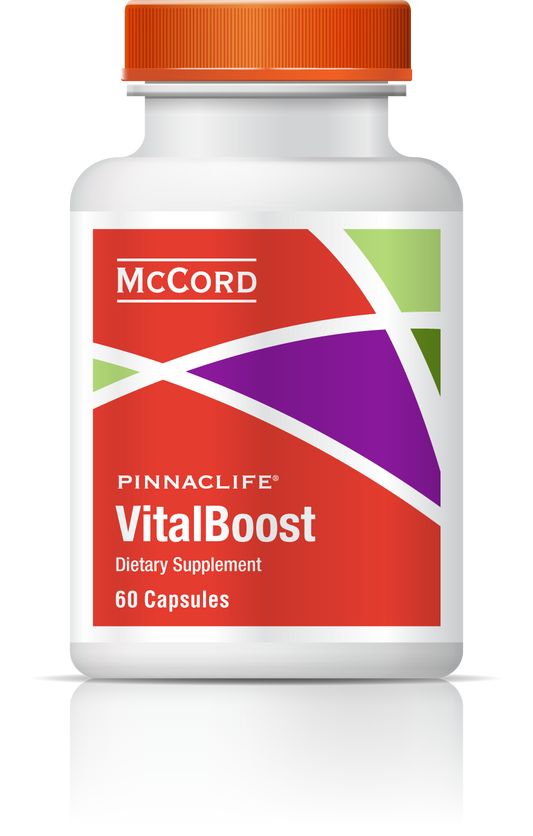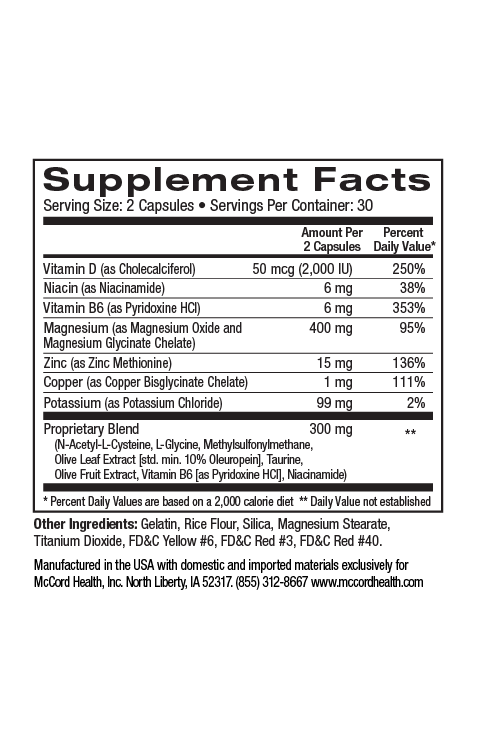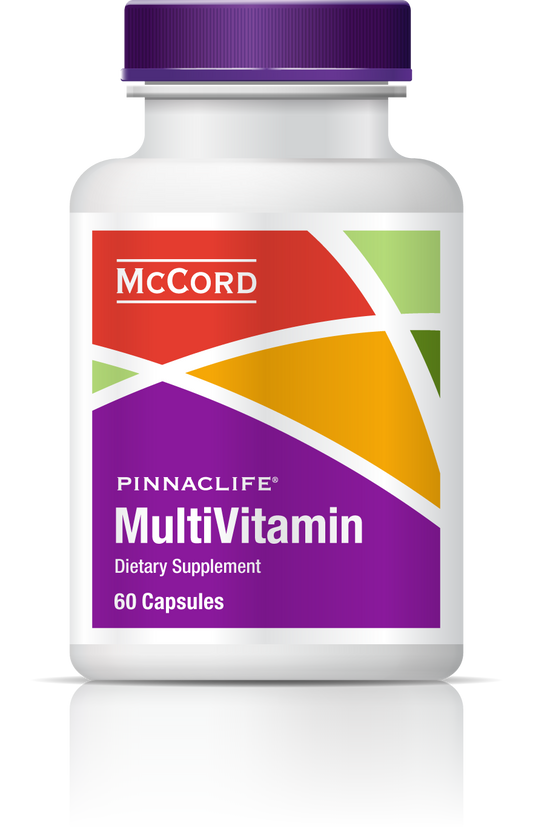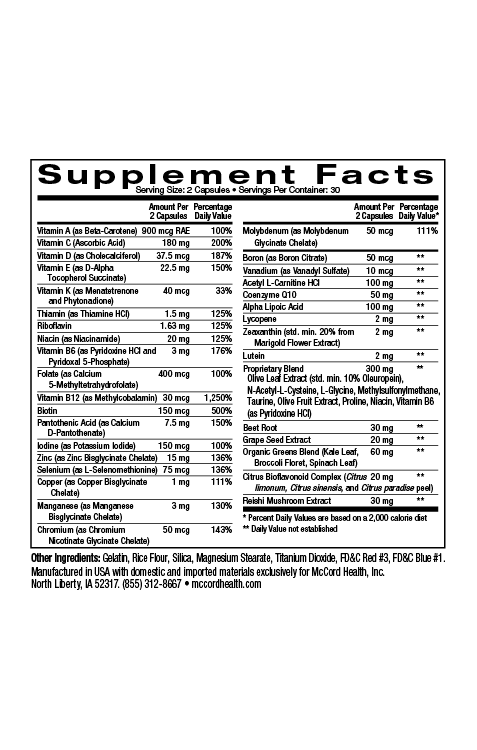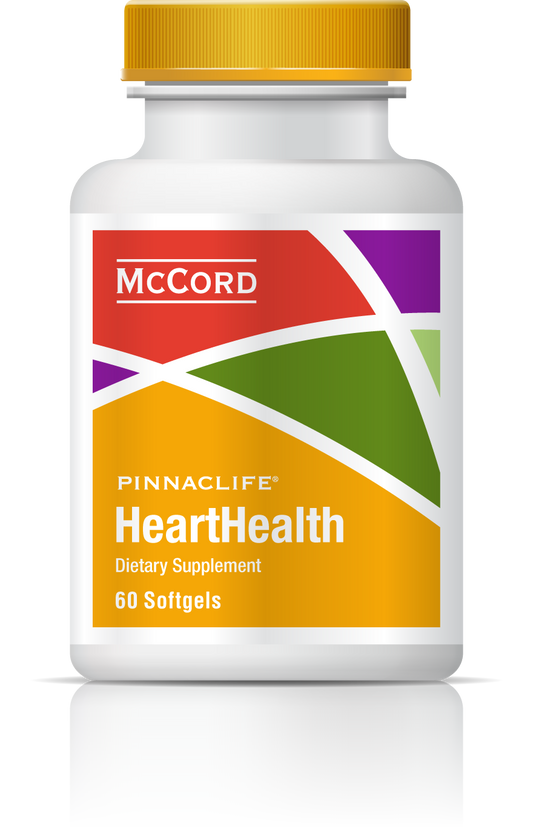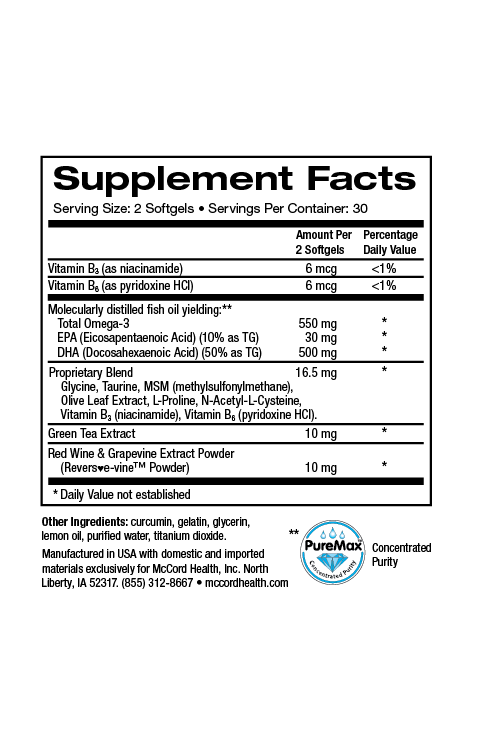Ideally, following a healthy and well-balanced diet should provide your body with all of the vitamins, minerals, and nutrients it needs for optimum health. However, even with our best efforts there are some key nutrients that most people simply are not getting enough of without incorporating nutritional supplements.
- Even with a healthy, well-balanced diet, there are still key nutrients most people don’t get enough of without incorporating nutritional supplements
- 4 key nutrients are: vitamin D, dietary fiber, magnesium, and omega-3 fatty acids
- The importance of these nutrients and good dietary sources are discussed
- Nutrients work best in concert with each other
Tell me More!
Ideally, following a healthy and well-balanced diet should provide your body with all of the vitamins, minerals, and nutrients it needs for optimum health. However, even with our best efforts there are some key nutrients that most people simply are not getting enough of without incorporating nutritional supplements. There are many nutrients that could be added to this list, but for now let's focus on four key vitamins, minerals, and nutrients that almost everybody could use more of:
1. Vitamin D
Who's Not Getting Enough Vitamin D?
Vitamin D deficiency is extremely common and affects a majority of the population. Risk factors for deficiency include:
- Dark skin color
- Limited sun exposure during key times
- Use of sunscreen
- Living in Northern / Southern latitudes (far from the equator)
- Obesity
While people are becoming more aware of the increasing rates and seriousness of Vitamin D deficiency, the problem still seems to be on the rise. Part of this is because the approaches to correcting Vitamin D deficiency have been inadequate to correct the problem in most people.
Why is Vitamin D Important?
Vitamin D is primarily produced in your skin from exposure to sunlight and is actually more like a hormone than a dietary vitamin. It has an important role throughout your entire body and deficiency can therefore have impacts in almost all disease states in some way. While most people only hear about Vitamin D in relation to bone health and osteoporosis prevention, we know it also plays a vital role in cardiovascular health, brain health, mental health, immune function, and cancer.
Where do you get Vitamin D?
While you can get some Vitamin D from your diet, there are not many food sources that contain enough to address deficiency so it is not the best approach for restoring blood levels.
Getting out in the sun is by far the best and most efficient way of replacing Vitamin D - but we all know there are risks to excessive sunlight including sun burns and cancer. It's also hard for a lot of people to get out in the sun at the key times for Vitamin D production with enough frequency to keep blood levels where they need to be.
For most people, taking supplemental Vitamin D is the safest, cheapest, and most efficient way to restore and maintain blood levels where they need to be to offer the most health benefits.
2. Dietary Fiber
Who's not getting enough dietary fiber?
Survey's say only about 3% of the population is routinely consuming enough dietary fiber. Even if you eat the minimum daily recommended intake of fruits, vegetables, and whole grains you are almost certainly still not getting enough fiber for optimal health.
Why is dietary fiber important?
Healing begins in the gut and fiber is vital for maintaining a healthy gut. It starts by supporting the healthy bacteria that help you in more ways than we fully appreciate.
High fiber intake has been shown to decrease risk of several types of cancer, heart disease, brain disease, mood disorders, metabolic disorders, inflammatory conditions, and obviously digestive disorders.
Where do you get dietary fiber?
Dietary fiber comes from plant based foods, especially whole grains, vegetables, fruits, nuts, beans, and legumes. While it's best to get dietary fiber from these plant sources, it's estimated that fewer than 5% of the population is getting enough fiber every day, even when using fortified processed foods and supplements.
Supplementing prebiotic fiber is a great way to make sure your body gets what it needs every day and promote digestive health, but you need to be careful and read labels because many fortified processed foods and supplements contain very little fiber and instead have a lot of added refined sugars or other unhealthy ingredients.
3. Magnesium
Who's not getting enough magnesium?
Deficiency is extremely common across many populations but you may have increased risk if you take a lot of medications, supplement calcium, or have chronic medical conditions including heart disease, high blood pressure, diabetes, or neurological disorders.
There are a lot of things that can impact how well your body absorbs magnesium or how quickly it is excreting magnesium - but just know that even without those concerns many people are still deficient strictly because of inadequate dietary intake.
For decades people have been told they need more calcium for healthy bones and have faithfully increased intake of calcium, but unfortunately magnesium was overlooked and we're beginning to see the effects. Increasing calcium intake without magnesium creates an imbalance and subsequent health problems.
Why is Magnesium important?
Magnesium is an essential mineral required for hundreds of biochemical reactions in your body, so when you don't have enough the negative effects are widespread. Magnesium functions as an electrolyte in blood and cells, also as a cofactor in enzymatic reactions, and even is an integral component of strong and healthy bones. Magnesium deficiency can result in brittle bones, high blood pressure, heart arrhythmias, brain disorders, anxiety, mood disorders, sleep disorders, muscle cramps, and more.
Where do you get Magnesium?
The richest sources of magnesium include dark green leafy vegetables, beans, nuts, and whole grains. Unfortunately, due to some modern agricultural techniques, the amount of magnesium in these foods has been declining over the past century. While some people may argue about how important organic produce is, one thing that is very clear is that organic produce does tend to contain higher levels of magnesium. Processing of foods also tends to deplete magnesium from natural dietary sources.
Some forms of magnesium are absorbed and tolerated better than others, so if you are using magnesium supplements or eating foods fortified with magnesium, look for forms like amino acid chelates, carbonate, and sulfate as preferred forms.
4. Fish Oil / Omega-3 Fatty Acids
Who's not getting enough omega-3's?
The appropriate amount of Omega-3 is dependent on how much intake you have of Omega-6 fatty acids. While most experts recommend an Omega-3 to Omega-6 ratio of around 1:1, most Americans are consuming a ratio of about 1:20 - meaning 20 times more pro-inflammatory Omega-6's than Omega-3's. People adhering to traditional Asian or Mediterranean diets are at a lower risk of Omega-3 deficiency while those eating traditional American and Northern European diets are at increased risk.
Why are Omega-3's Important?
Omega-3's are essential components of cell membranes and can therefore impact all cells in your body. Brain cells and nerves are particularly sensitive to Omega-3 deficiency. Omega-3's also play an essential role in inflammatory signaling pathways, primarily helping to reduce inflammation - so deficiency is commonly associated with increased inflammation that has effects throughout the body.
Where do you get Omega-3's?
The best source of Omega-3's is from fish and seafood, especially cold water species. Smaller fish and shellfish are lower in the food chain and have less risk of accumulated toxins like mercury. Larger fish like tuna and swordfish are higher on the food chain so tend to have higher concentrations of toxins.
One of the advantages of a high quality purified fish oil supplement is that you can reduce your exposure to some of the toxins found in seafood - however low quality fish oils can actually increase your risk.
Some non-seafood options include nuts, seeds, plant-based oils (i.e. olive oil), and some animal based products like eggs and meat if they were raised in a particular way (i.e. grass-fed). Just be aware that while some of these foods do contain Omega-3's, they can also contain a lot of Omega-6's so may not be that effective in restoring the proper balance of Omega-3 and Omega-6's. The table below identifies foods high in Omega-3's and low in Omega-6's that would be good for restoring a proper balance of Omega-3's and Omega-6's.
Nutritional Supplements as Part of a Healthy Balanced Diet
At McCord Research, we always stress that vitamins and nutritional supplements are not a replacement for a healthy and balanced diet, but a compliment to help avoid any potential gaps. Even the healthiest diets can fall short of some nutrients because of circumstances that are out of our control - but your body needs those nutrients regardless. Also, remember that vitamins, minerals, amino acids, antioxidants, and other nutrients work best in concert with each other - so, for example, you might need more magnesium but it's best to supplement it in combination with other nutrients and healthy diets versus just taking a plain magnesium supplement. Always discuss these decisions with your personal trusted healthcare provider.
Disclaimer: These statements have not been reviewed by the FDA. These products are dietary supplements and are not intended to treat, cure, or prevent any disease. The decision to use these products should be discussed with a trusted healthcare provider. The authors and the publisher of this work have made every effort to use sources believed to be reliable to provide information that is accurate and compatible with the standards generally accepted at the time of publication. The authors and the publisher shall not be liable for any special, consequential, or exemplary damages resulting, in whole or in part, from the readers’ use of, or reliance on, the information contained in this article. The publisher has no responsibility for the persistence or accuracy of URLs for external or third party Internet websites referred to in this publication and does not guarantee that any content on such websites is, or will remain, accurate or appropriate.

